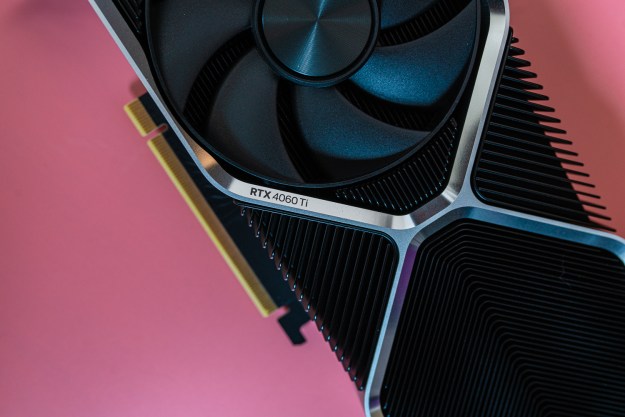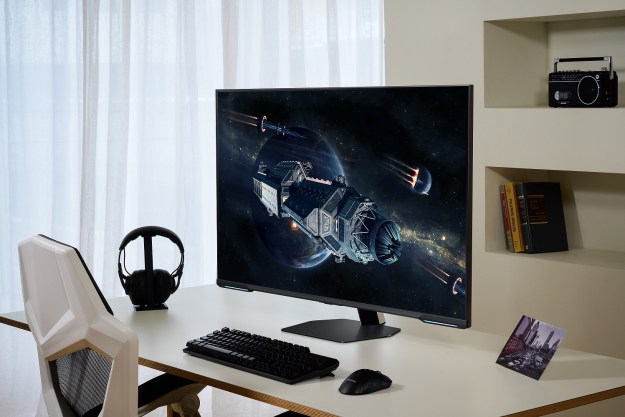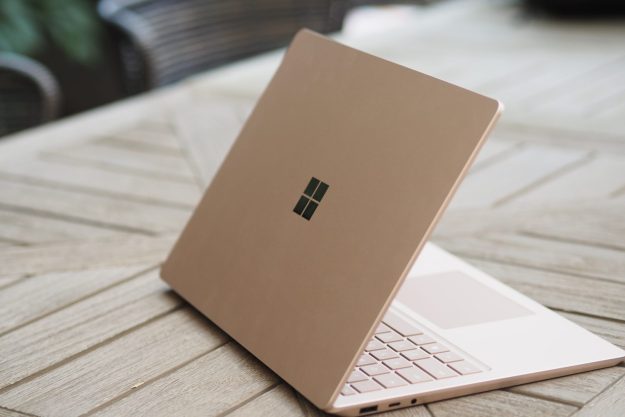
On the surface, this might seem like just another addition to the list of frustrations Comcast users are expected to endure on a daily basis. However, the product being advertised and the strategy underpinning this campaign are noxious enough to set this apart from the now-standard tales of the company’s disregard for its customers.
Like many ISPs, Comcast makes a mint by charging broadband subscribers a rental fee for its standard router. However, canny users can dodge these extra charges by purchasing their own equipment, which typically will cost far less and provide a better online experience.
Comcast has taken note of this practice and is now doing its utmost to fight back. Users surfing the Web on a Comcast connection while using their own router will now be faced with advertisements encouraging them to use an approved modem, according to a report from BGR.
There is no way to opt out of this marketing, and the pop-up ads will be displayed until the user’s router is replaced with a stock Comcast modem. Even better, advertisements are apparently being pushed on tablets and smartphones connected to the network, not just computers — there can be no escape from your ISP overlords.
Last November, Comcast was criticized for implementing data caps applicable to all streaming TV services apart from its own brand. The company’s continued campaign of ill-will toward its customers helped make it the most hated broadband provider in America, according to FCC complaints compiled late last year.
Editors' Recommendations
- This one feature could prevent motion sickness, but the Vision Pro doesn’t have it
- I’m a VR enthusiast. Here’s why the Vision Pro doesn’t excite me
- Samsung has a 3D gaming monitor that doesn’t need glasses — and it actually works
- The MacBook Pro M3 doesn’t have a memory problem — it has a pricing problem
- Intel surprise launched a new graphics card, but it doesn’t make any sense


